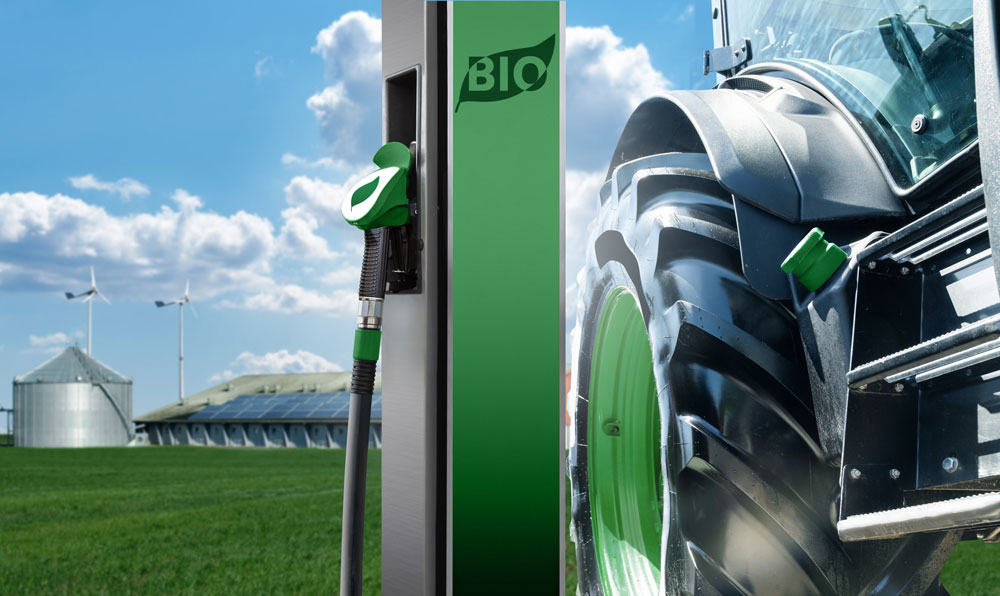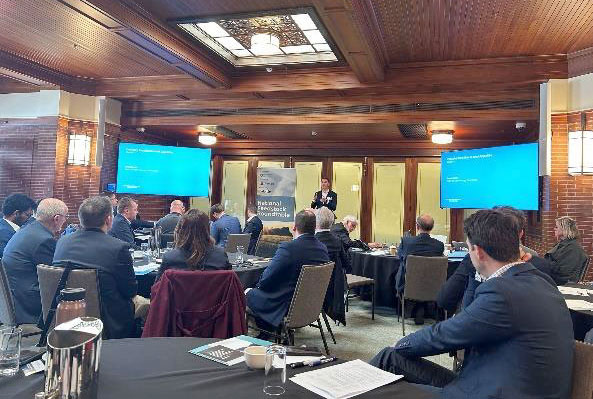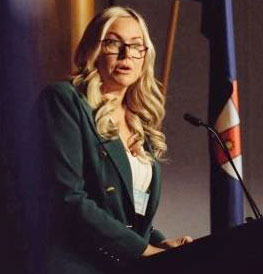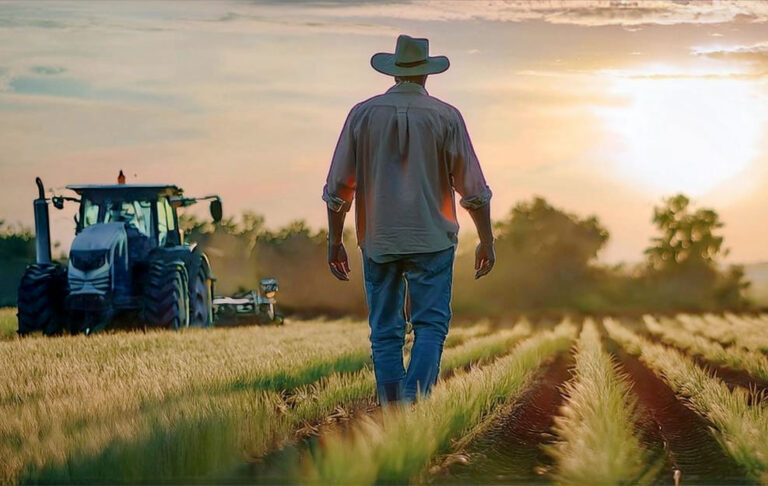The first National Feedstock Roundtable has charted a path to unlock an additional $10 billion for an Agri-sector prepared to invest in a low-carbon industry

The highly conflicted debate, but little understood transition to clean energy, prompted the first National Feedstock Roundtable. See the initial call for submissions from the first debate here.
The information and discussion gathering, convened by Bioenergy Australia and facilitated by Deloitte, brought together more than 50 representatives from agriculture, waste, energy and government sectors.
We learnt from the debate that Australia has the resources to power a thriving low-carbon fuels and renewable gas industry, with an analysis that highlighted the key steps needed to unlock this potential and translate it into economic growth and emissions reduction.
According to the ARENA Bioenergy Roadmap analysis, we have more than enough feedstock to underpin a $10 billion-a-year industry supporting over 26,000 additional jobs. The only hitch, it seems, is to find pathways to unlock potential opportunities.
Participants will have to work around a current Federal government, already spending past $1 trillion a year, and an opposition that simply wants to bury its head in the sand whenever clean energy is mentioned.

What the Feedstock Roundtable debated
Discussions explored feedstock opportunities and challenges, as well as the synergies in scaling low-carbon liquid fuel (LCLF) and renewable natural gas (RNG) production.
Key recommendations included mapping national bioenergy potential, investing in innovation, improving data transparency, supporting long-term investment and demand frameworks, and expanding programs to accelerate industry growth.

“Australia has the resources and capability to become a global leader in low-carbon fuels – but policy consistency, infrastructure investment and data transparency are essential to unlock that potential,” explained Bioenergy Australia CEO Shahana McKenzie.
“Industry is ready to invest. What’s needed now is a coordinated, whole-of-government policy that connects farmers, waste managers, energy producers, infrastructure owners and customers into a national feedstock ecosystem.”
A report summarising the insights from the roundtable highlights that while demand for low-carbon fuels and renewable gas is rising, establishing a substantial domestic industry will require targeted government support to build regional infrastructure, standardise feedstock mapping, and align carbon certification with international markets.
Key recommendations in the report
- Coordinating supply and demand-side policies to provide market certainty and attract private capital. The report found 50% of feedstock suppliers and aggregators who participated at the roundtable require clear demand signals
- Investing in critical regional infrastructure and logistics hubs;
- Consolidating feedstock mapping and carbon intensity data under the forthcoming National Feedstock Strategy
- Greater investment in, and the expansion of existing programmes to boost deployment of low carbon liquid fuels and renewable natural gas
Read through the recommendations from the report here.













